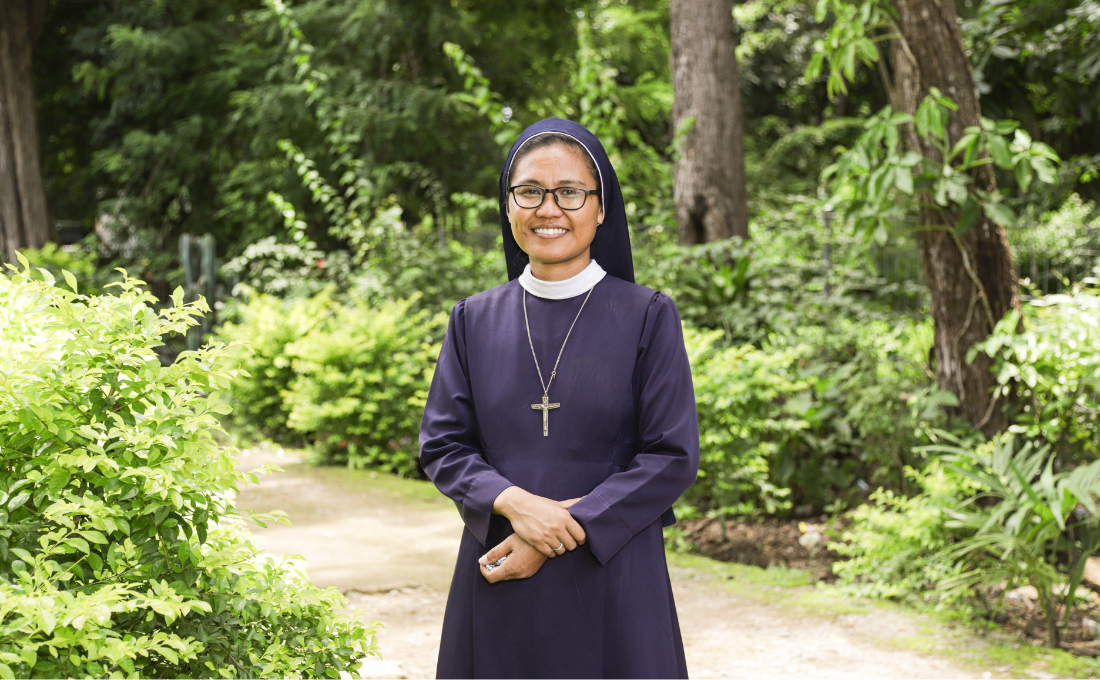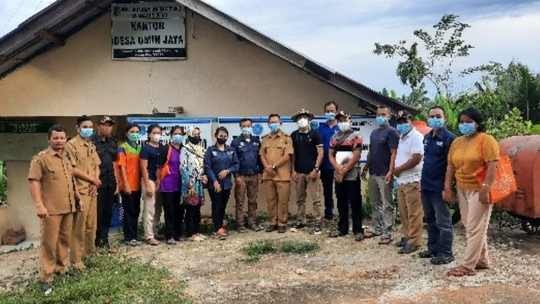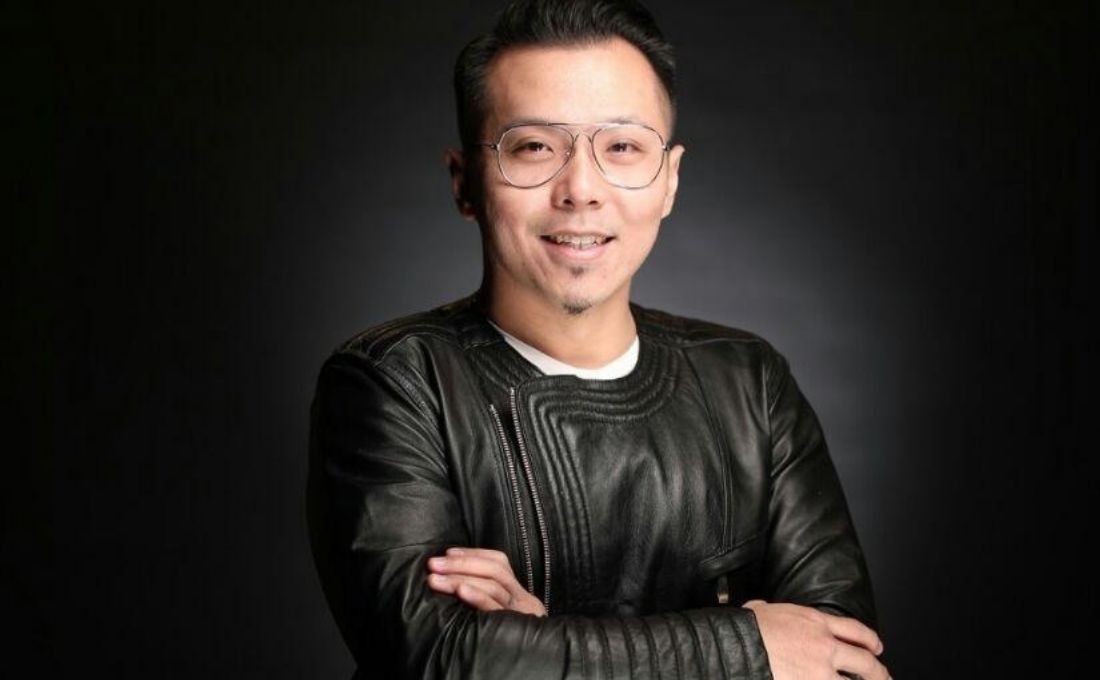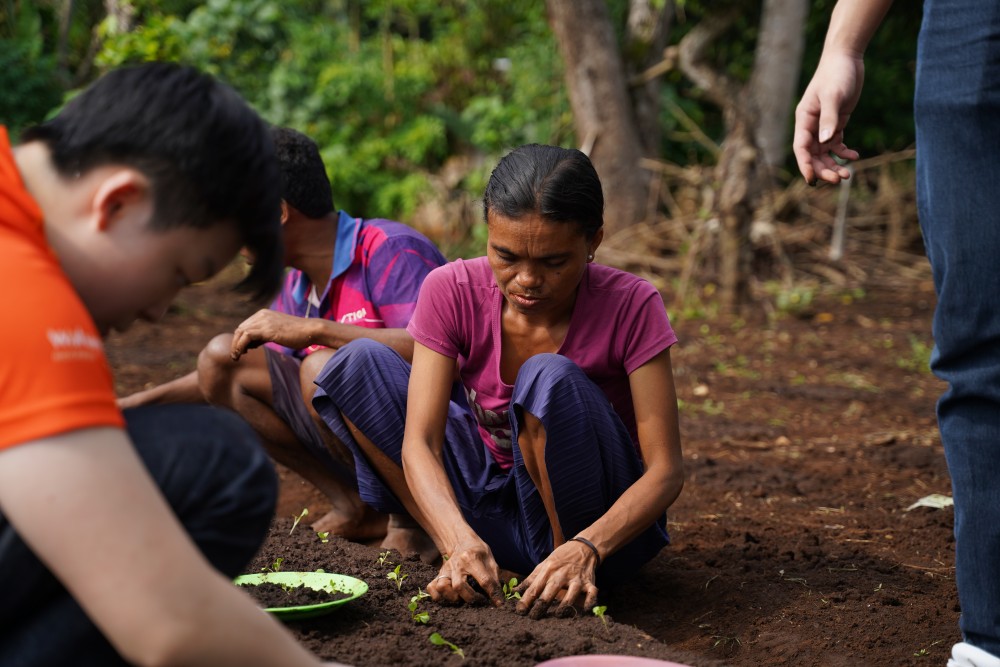The Lonely Path to Fight for Justice

The number of cases of violence against children and women recorded in the Online Information System for the Protection of Women and Children (SIMFONI PPA) is merely the tip of the iceberg. The visible figures do not accurately reflect the actual number of cases. Instead, these statistics indicate a growing awareness among survivors or their families to report such incidents.
Numerous cases of violence remain unreported due to the underlying issues that have not been resolved. Sister Rita, a nun in West Manggarai Regency, believes that the root cause of violence against children and women stems from a misunderstanding of sex and gender. "Society has yet to differentiate between sex and gender," she stated.
Sister Rita noted that in 2023, 45 cases of violence against children and women occurred in West Manggarai. Of these, 34 were cases of violence against children, including sexual and physical violence, either directly or through social media. According to SIMFONI PPA data as of October 2024, East Nusa Tenggara province recorded 847 cases of violence against children and women.
The Partition of Roles for Men and Women
“Most survivors come from broken families or single-parent households, often a mother and her child, facing a society that views men as limitless leaders. These cases are mostly perpetrated by their own family, close relatives like uncles, often called 'Bapak Kecil' or 'Bapak Tua' in East Nusa Tenggara," Sister Rita explained. Her work as a coordinator for the Justice, Peace, and Integrity of Creation (JPIC) in West Manggarai has shown her how patriarchal culture strips away the protection of children and women.
Since 2017, JPIC has provided a safe house for child and female survivors of violence. Additionally, JPIC conducts advocacy at various levels and assists in resolving violence cases. Sister Rita and her team do demanding work that requires collaboration with various like-minded parties. Besides village governments, the police, and state legal institutions, JPIC also partners with Wahana Visi Indonesia to take various preventive measures against violence against children and women in West Manggarai.
"Continuous socialization on how to report cases, and now people also know that there is a safe house, has helped increase the reporting of cases by children or women," said Sister Rita. However, she cannot deny that cases of violence continue unabated due to the established division of roles in society.
This young nun, who holds a law degree, explained that violence against children and women is inevitable when society still believes in a strict division of roles between men and women. West Manggarai, or more generally the entire island of Flores, is an example of an area still living in this culture.
In every family in Manggarai, boys are always taught to be figures who must not show weakness. Men are given the responsibility to be the decision-makers. On the other hand, women are always taught to be weak, dependent on men, and stay at home. This division of roles based on nature gives men the space to view women as objects that can be commanded or even controlled. This creates opportunities for physical or sexual violence. Women are identified as victims, and men are the perpetrators. Gender-based power imbalances thus occur.
Seeing Through a Gender Equality Lens
On the surface, this differentiation of roles seems to benefit men more, but in reality, it's not so. With her extensive experience in handling violence cases, Sister Rita understands that men are also victims.
"These men are victims of the culture itself, of the duties or beliefs imposed on them by society. They never asked to be born as leaders, who cannot cry, who cannot be in the kitchen. These men certainly want to express their feelings, that they are hurt or sad. But because they have been taught since childhood that as men, they cannot do this or that, they must be able to do this or that, they cannot be weak like women, these men end up suppressing their emotions. When they can no longer suppress them, they become the tip of the iceberg for themselves. This is one of the triggers for violence," she explained.
With this perspective, she always tries to approach both survivors and perpetrators positively. Assessing a case of violence from both male and female or husband and wife perspectives makes her want to start restoring relationships within families. She wants to shift the power relations in families to loving relationships that are aware of gender equality. When Sister Rita was introduced to the Parenting with Love (PDC) program initiated by WVI, she felt that this activity was the right approach. This activity can be an effective step in building harmonious families that are not gender-biased and are mutually protective.
"I cannot fathom when handling cases where the family sides with the adult perpetrator because there is still a family relationship or because they are considered older or important. Meanwhile, the child who is the survivor is not protected and ends up experiencing more violence," she said. Cases like these break Sister Rita's heart and also put her in an unsafe position. Cases involving family or people with certain positions can drag Sister Rita into a vortex of intimidation and pressure.
As a human being, Sister Rita often feels afraid when she receives intimidation or pressure from the perpetrator and their family, or the survivor's family. The cases she handles often put Sister Rita in a difficult position to remain neutral. She walks a lonely path as an activist and advocate for child and women's protection issues. She is able to went through the difficult days by always remembering her hope. "A home that protects is not a safe house; it should be at everyone’s," she said.
Sister Rita is very aware of the challenges of this work. Therefore, she initially declined when her congregation asked her to pursue further studies in law. She felt unsure and did not feel she had enough ability. However, when she remembered how her life was changed as a child because of help from others, Sister Rita was determined to become an agent of change for those in need.
As a child from remote village in East Sumba, young Sister Rita lived without access to the outside world. Sister Rita's first experience of connecting with the world occurred when WVI's operational office began implementing community development programs in her village.
"The presence of WVI was one of the happiest moments of my life when I was a child. When I received a letter from a sponsor overseas saying that they were happy to know me, considering me like family, even though I didn't know where the sponsor was, I felt close to them," Sister Rita recalled her childhood.
Now, when she can reflect on her life's journey, Sister Rita understands that every activity that WVI did when she was a child left traces that helped her prepare herself to get acquainted with the outside world. "What I experienced as a child with WVI was a turning point for me to start forming my hopes and dreams, to decide what I wanted to be in the future," she said.
Homework When Survivors Return Home
Since the enactment of the UU TPKS (Sexual Violence Crime Act) in 2022, the issue of child and women's protection has gained a foundation that can enforce change in people's lives. This law is not only about punishment. It also regulates the prevention of violence; the handling, protection, and recovery of victims; the implementation of law enforcement and rehabilitation of perpetrators; efforts to create a violence-free environment; and efforts to ensure that violence does not recur.
In line with the grand dream of the UU TPKS, Sister Rita and the team at JPIC, in partnership with other organizations such as WVI, are also considering the continuation of the lives of survivors after cases are declared closed in front of the law. "Are child and female survivors accepted back into society? If it turns out that the perpetrator who has been imprisoned is the breadwinner in the family, how will they want to continue their lives? It's impossible if it's not women who start to take action," said Sister Rita.
Undeniably, children and women who are survivors often find it difficult to be accepted back into society. Taking legal action is still considered a way to disrupt relationships within families and communities. The status of being a survivor and a reporter of violence cases becomes a new punishment. This often burdens the reporting and resolution of cases legally because after the case is closed, survivors have no guarantee of returning to their families and communities.
Women's empowerment is the right step to equip survivors to continue their lives in society. "Teaching women to sew or make chips is not just about adding skills but more about making women realize that they are capable, they are qualified. Empowerment is about boosting women's self-confidence and ability to resist any form of violence," explained Sister Rita.
One case of violence indicates the depth of the root problem, the complexity of the solution, and the ongoing vulnerability. There are so many aspects that need to be improved and partnerships that need to be forged for the protection of children and women. Sister Rita, a figure born and raised in East Sumba, is one of the many fighters who care about this issue. She also invites us to continue to be caring individuals and agents in the protection of children and women.
"Every survivor can and must bounce back. Survivors are not alone. Many people care. So they have to start, continue their life, achieve their goals so that they become empowered women for other children and fellow women," said Sister Rita.
Author: Mariana Kurniawati (Communication Executive)



